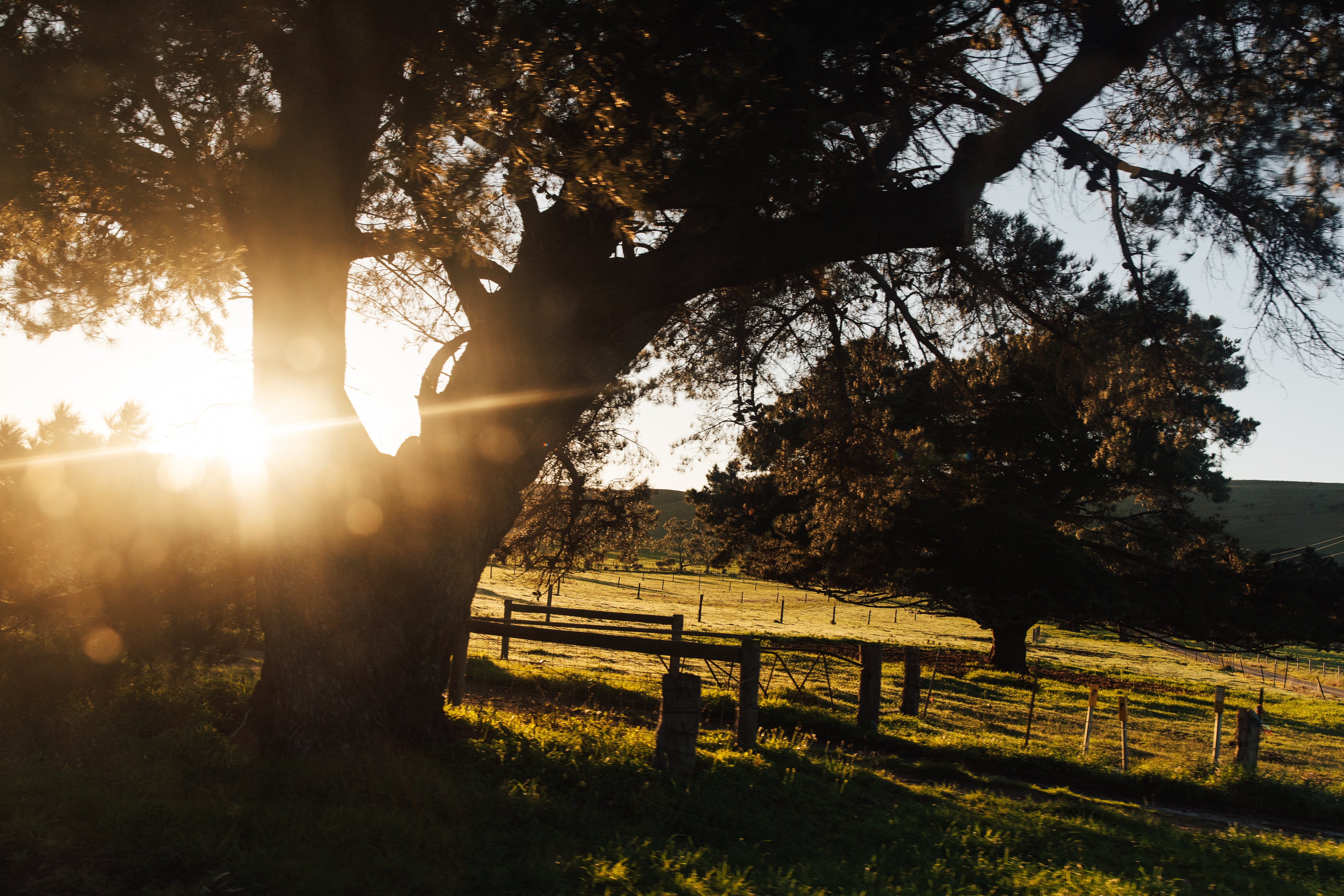
Videos to enhance producer abattoir surveillance feedback
Detecting, monitoring and managing sheep health conditions that have an impact on carcase quality and animal welfare is being made easier through a new series of videos that provide greater insight into the conditions previously monitored through the Enhanced Abattoir Surveillance (EAS) Program.
Some sheep health conditions can have an impact on carcase quality and animal welfare without being detected on-farm. Instead, health conditions are picked up at the abattoir when it is too little too late, costing producers and processors money.
The video series, developed by Livestock SA’s Livestock Biosecurity Extension Project with support from the Department of Primary Industries and Regions’ Red Meat and Wool Growth Program, Animal Health Australia and the University of Adelaide, explores six health conditions that are costly to both producers and processors.
The conditions that feature in the videos are arthritis, rib fractures, pleurisy and pneumonia, grass seeds, cheesy gland or CLA, and sheep measles.
While the provision of feedback to producers from the EAS program finished at the end of 2021, the health conditions remain problematic for South Australian sheep producers.
Livestock SA Project Manager Pene Keynes said it was great to work collaboratively with the organisations that are committed to achieving positive outcomes for the South Australian red meat and wool sectors.
“Each video provides an overview of the condition, its prevalence in South Australia, the impact it has on the carcass and how to treat or prevent the condition on farm,” she said.
“All videos also feature a producer case study, showcasing how the EAS program data helped them to identify and then manage the condition on their property.”
Red Meat and Wool Growth Program Manager Emily Mellor said it was fantastic to see industry experts feature in the videos, including Pro Ag Consulting’s and University of Adelaide vet Colin Trengove and Response Training’s Tom Collyer.
“Having enthusiastic industry experts featured in these videos to support South Australian meat producers is an example of industry working together to improve red meat product quality and achieve great outcomes,” she said.
“It was also wonderful to see livestock producers willing to share their stories about how they are managing these conditions on-farm to provide learnings to their fellow producers.”
The videos are available on the PIRSA website.
Producers can also access the sheep health conditions - carcass impacts tool and facts sheets about the conditions and historical benchmarking on the PIRSA website and work with Livestock SA to explore ways to manage these conditions on-farm.
The South Australian Livestock Biosecurity Extension project has been made possible by the South Australian Government’s Red Meat and Wool Growth Program and Animal Health Australia through the National Sheep Industry Biosecurity Strategy 2019-2024.
